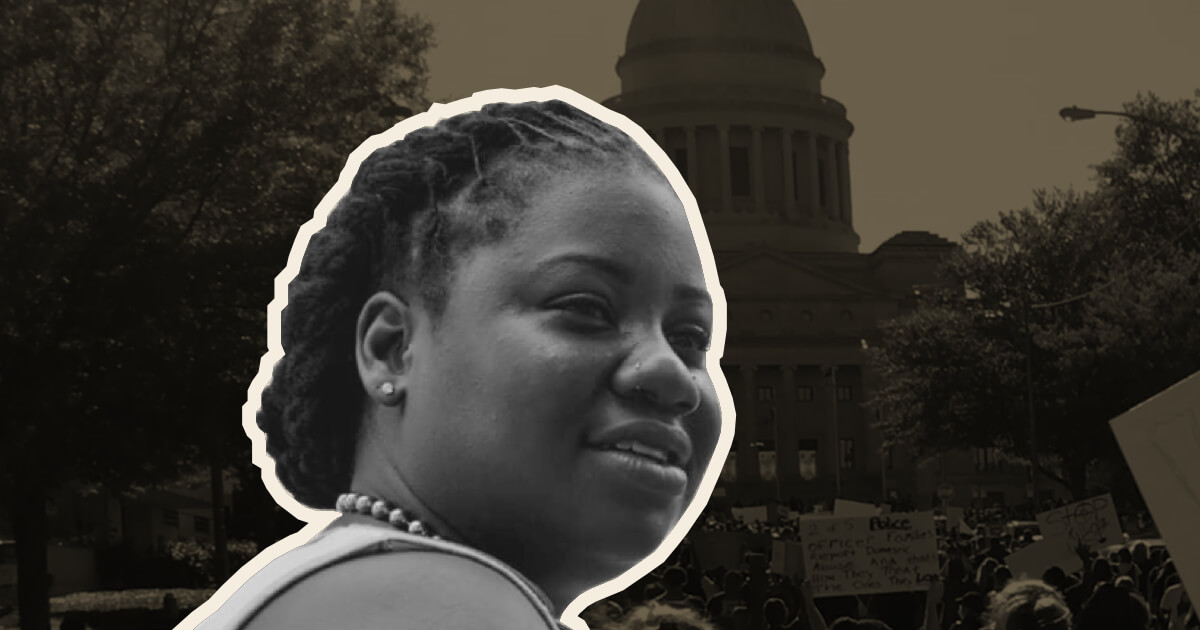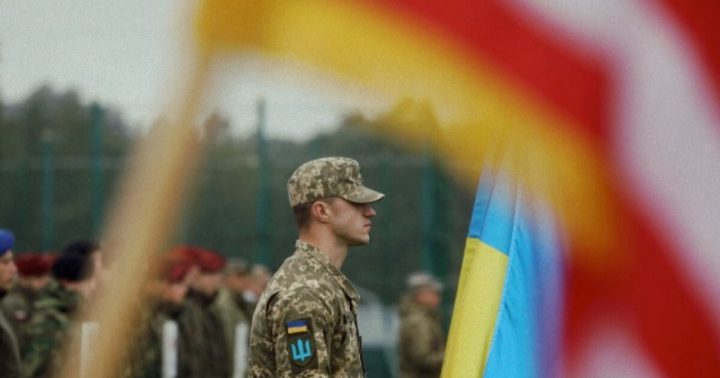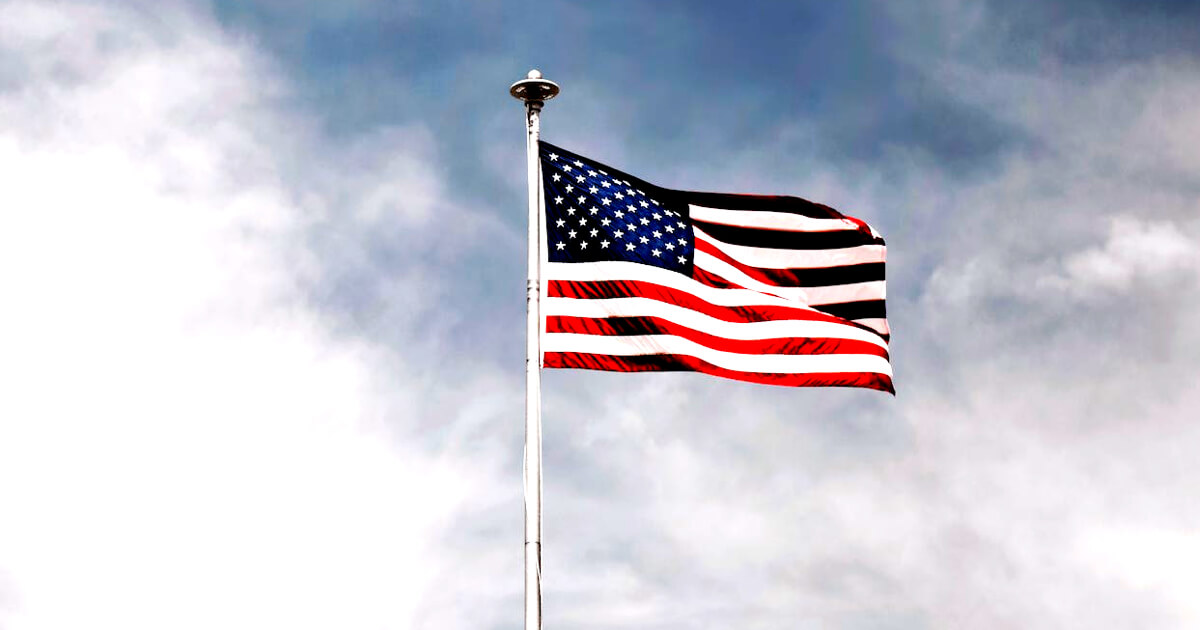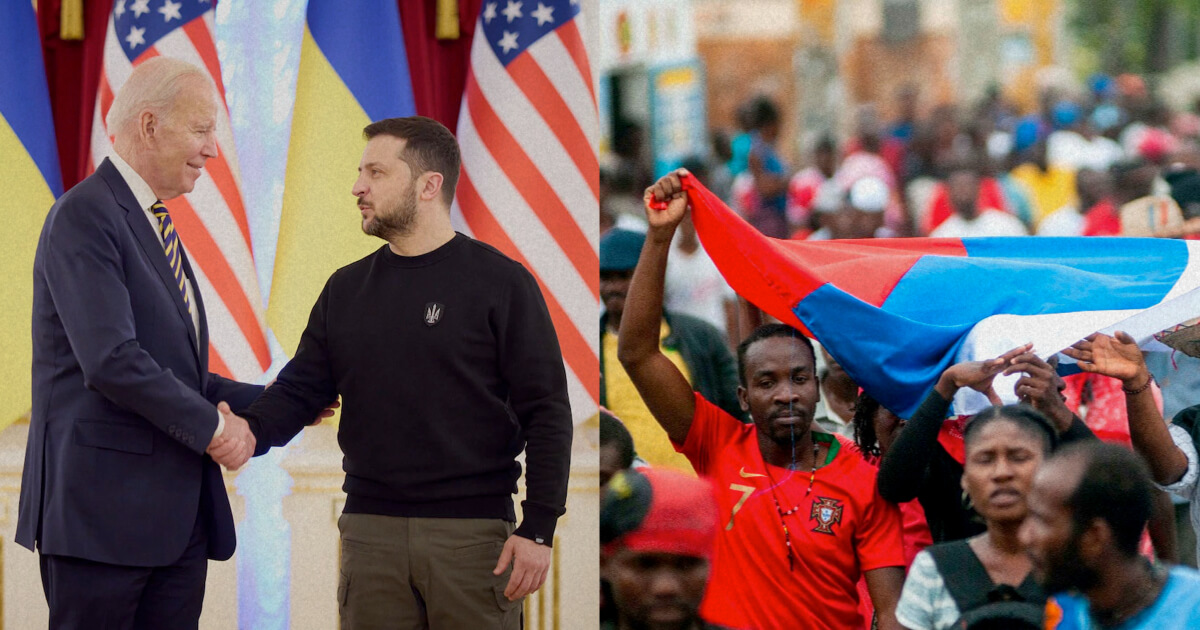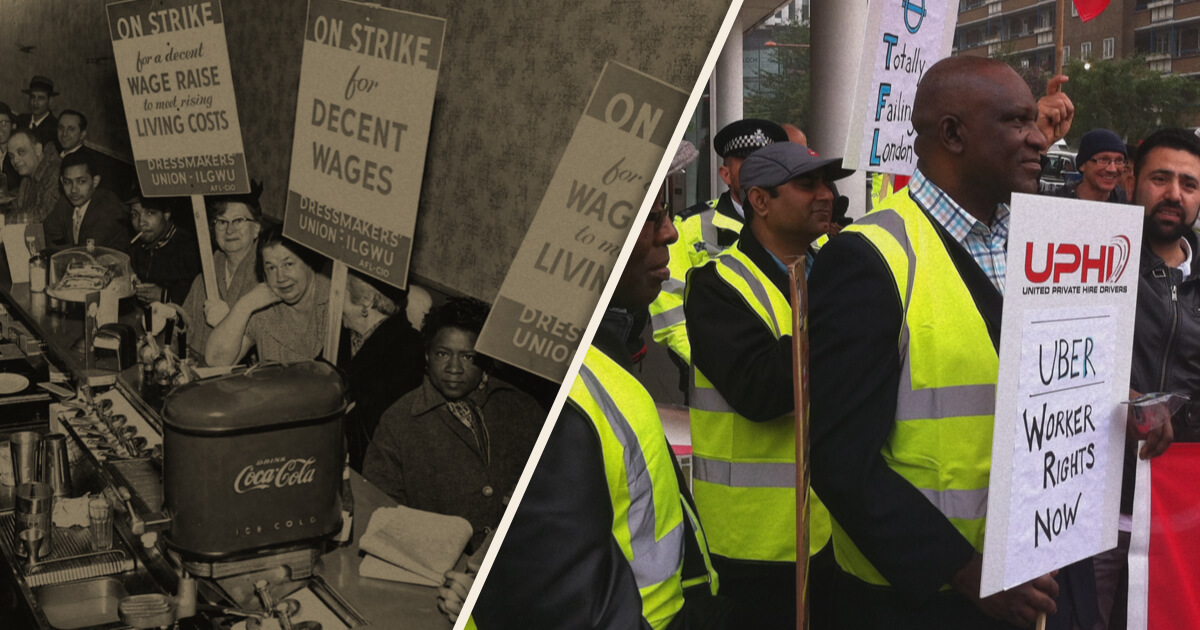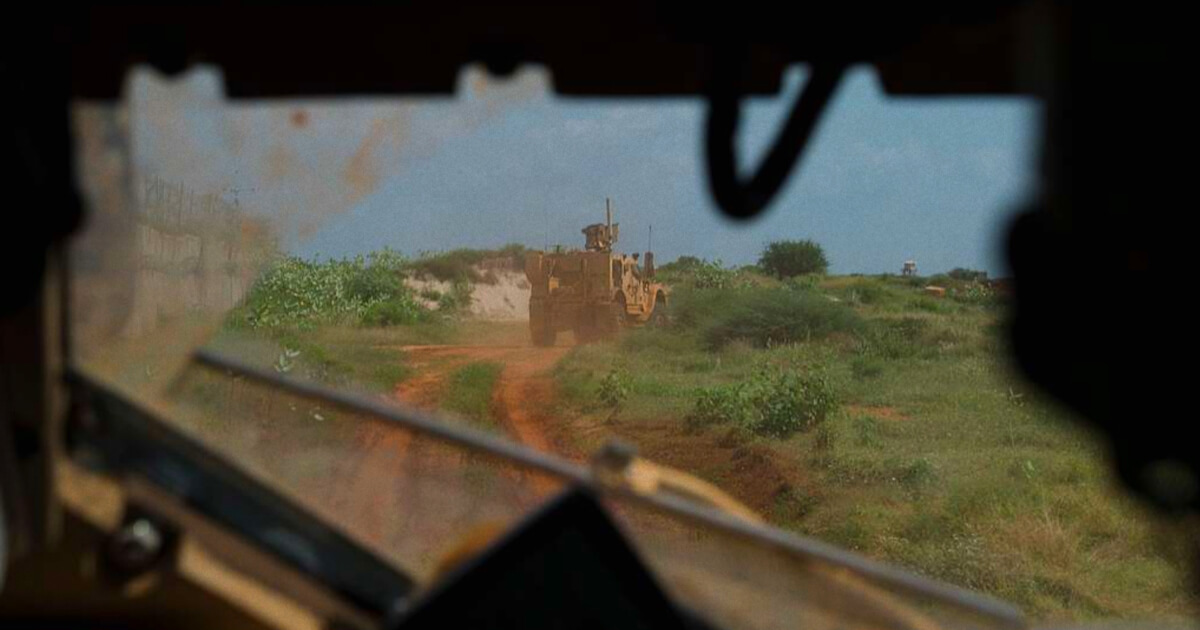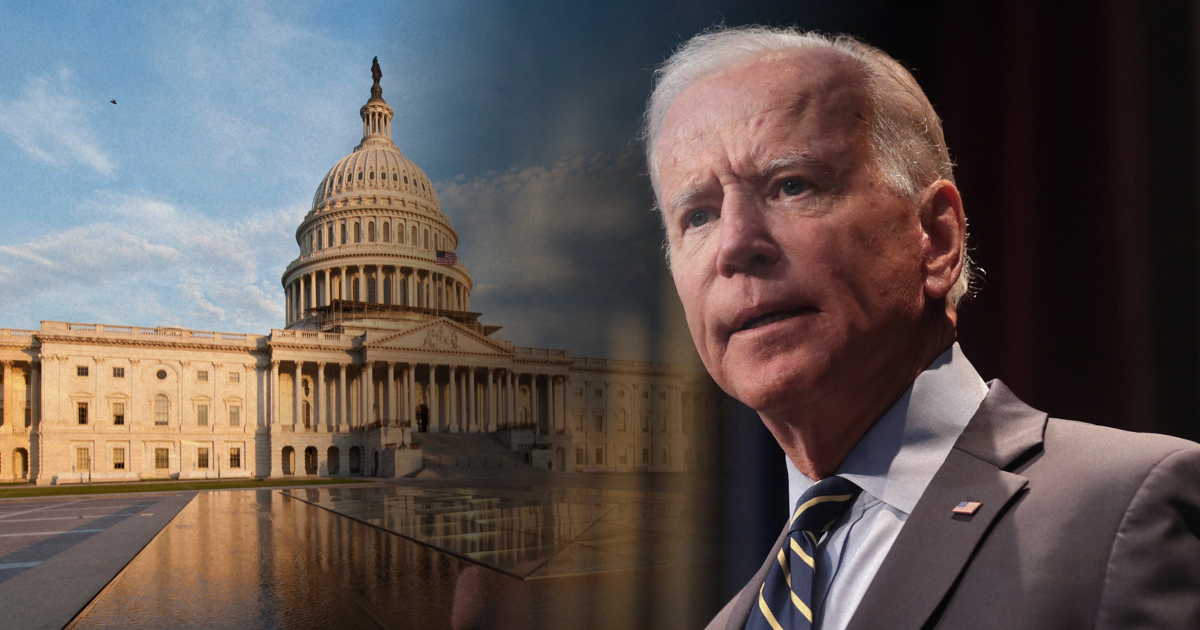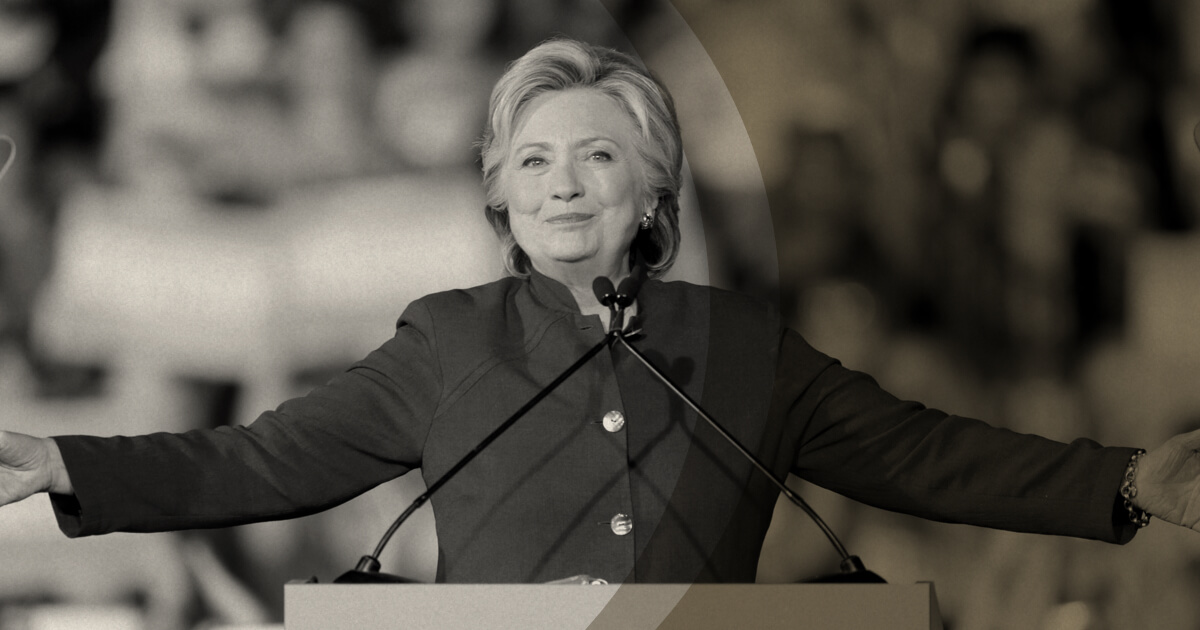On May 25, 2020, the world witnessed the extrajudicial execution of a black man wanted on a misdemeanor as George Floyd was murdered by officer Derek Chauvin in public and on camera in front of other officers and citizens.
Although police killed 164 black people in the first eight months of 2020 1, the murder of George Floyd case in particular shocked and disillusioned millions of people, stoking a rage in the hearts of Black America at the deep structures of racism that haven’t changed since slavery.
Protests erupted all over the U.S. including here in Arkansas. Among the leaders within the Black community who strove to mobilize and unite people, Dawn Jeffrey was one of the most remarkable.
In the daytime she organized teach-ins and speakers and by night she worked to de-escalate situations and open up lines of communication between the State and Capitol Police. In addition, she organized a group called the Nayborhood Activists who helped to build structure and safety in what could otherwise have been pandemonium. In anticipation of mass arrests, Dawn also co-founded the Little Rock Freedom Fund to cover legal expenses for people rounded up by police.
On June 1, protestors had gathered after work to occupy the space in front of the Arkansas State Capitol. Organizers including Dawn addressed the crowd, calming everybody and leading chants to raise morale. A group of people in cars shooting off fireworks pulled in, and some began smashing windows and doors. Dawn moved to separate the crowd of people who were present for peaceful protest–clearing out a solid 30 foot open field–and approached the state police, who were present in riot gear, to inform them that the protestors had been separated from the provocateurs.
They ignored her and trained their weapons on the larger crowd, shooting pepper spray at younger folks and children who were being led up the steps towards the capitol doors to exit the situation capitol. Their aim and order for the night was not to curb vandalism, but to gas and shoot plastic and rubber bullets at the crowd to flush them out of the plaza. Somebody broke their eye socket, another’s leg was broken in three places, and the medic tent was gassed as the State Police marched east along Capitol past the field medic and provisions tent.
As it became obvious that every night at the Capitol was going to be full of rubber bullets and mass arrests, the organizers decided to change tactics to demonstrate in a more peaceful and effective manner. Dawn and the Nayborhood Activists realized that the best way to get the attention of a political system that is ruled by corporate lobbies is to shut down business as usual.
They organized a series of Cookouts whose location was unannounced ahead of time. The first was the West Little Rock Walmart. Walmart makes millions selling recalled or returned goods to companies who use free prisoner labor to sort or refurbish, and has been key in efforts to defund and privatize schools, essentially reinstating segregation in Little Rock while eliminating labor and licensure standards for private charter schools.
Protestors set up picket lines at the front entrance, and the Walmart was quickly shut down.
The second Cookout was a traveling picket line, and multiple locations in Central Arkansas shut down their locations for the day, pinching millions of revenue, but not a drop of blood was spilled and nor a single window broken.
On Sunday, July 12, the Cookout came to Andy’s Frozen Custard in Conway, whose owner was accused by workers of having racially discriminatory hiring practices. Though the protestors complied with the law and limited their protest to a public sidewalk, Dawn was arrested for trespassing on private property. The charges were later dropped.
One of the demands of the Arkansas BLM movement is the purchase and routine use of body cameras on any active duty police officer. However, until such transparency and oversight is implemented, the citizens must fill the void, and Dawn coordinated a citywide effort of people recording police traffic stops to document instances of harassment and abuse. In retaliation, Dawn was routinely followed by local police. At one such stop on February 23, 2021, a police officer claimed that Dawn had flipped him off, commenting “That’s Dawn Jeffrey. We’re about to be on Facebook.” He then approached Dawn who was filming the stop and grabbed her by the shirt and arm, stopping the feed. The officer was reprimanded and charges were dropped.
On December 14, 2020, Special Agent David Oliver from the Bureau of Alcohol, Tobacco, and Firearms filed an affidavit of complaint against Dawn Jeffrey and four other people in the U.S. District Court’s Eastern District of Arkansas. This affidavit addressed events from the early marches of June, to cemetery vandalism, to the firebombing of a police cruiser and graffiti on multiple law enforcement landmarks in the early hours of September 3, 2020, and recommended that the state file vandalism and arson charges and issue a warrant. In the affidavit, three police informants made the following allegations against Dawn: That she was present at the cemetery defacement. That the molotov cocktails were made at her house. That she was present in the vehicle at the time of the act of arson. There is material evidence such as cell phone tracking, a captured phone with pictures of the scene and conversations between suspects… but no material evidence tying Dawn to any of the scenes. The affidavit includes as evidence pictures and correspondence between suspects, but none with Dawn.
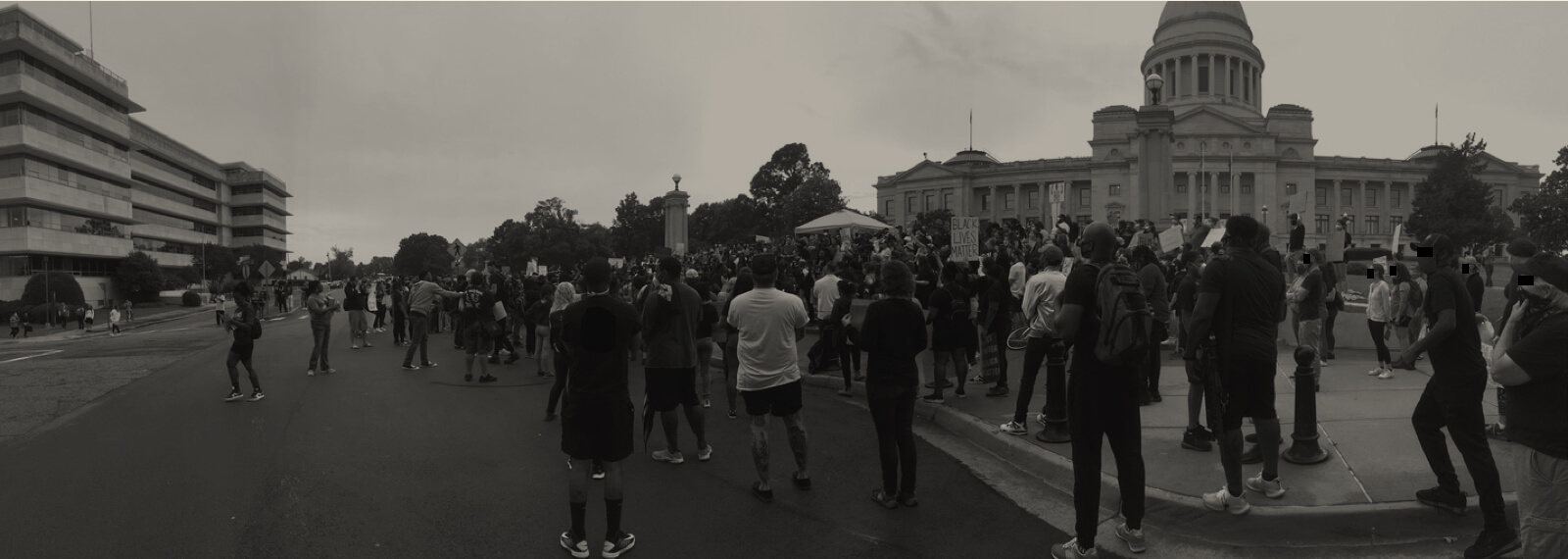
Protestors at capitol. June 2020.
A police informant alleges that Dawn and the other four suspects were present at the cemetery defacement; however, game camera footage at the cemetery shows only one individual spraying gravestones. She is not in footage, in conversations, in pictures, or in cell proximity to the arson. In addition, the Signal working group did not include her, though she was on Signal for other logistics and mobilization; however, these working groups are encrypted and cannot be remotely accessed by any other groups or the police. Nonetheless, Dawn has been in jail for five months without trial or sentence. The only thing keeping her locked behind bars is the prosecution’s confidence that one or more of the three informants will turn state witness in a public trial.
The Freedom Fund is continuing to reach out to the community to help cover Dawn’s legal expenses. Ironically, the very issues that led to the George Floyd/BLM protests – that millions of black people are either in prison, under arrest, or on probation or parole, and that there are roughly 24 million registered felons in the United States, many of whom never committed a violent crime but are permanently relegated to a subclass of people with limited access to state resources and gainful employment outside of the underground market – have led to one of our community’s leaders to be held in jail without cause.
These events should shock us collectively into the realization that the people must rise up and demand the end to the penal system as it is: a private, profit-driven sector that makes its dividends off of the lives of human beings.
Addendum – March 8, 2020:
Dawn has been detained in Green County Detention Center for almost nine months. Two bond appeals have been denied and her September trial has been pushed to October. No evidence has been reviewed or presented to Dawn. While incarcerated, Dawn has still continued her work as a bail disruptor with the Little Rock Freedom Fund, facilitating the bailout of two other women; one in Green County Jail and one from Faulkner County Jail.
Dawn is the founder and lead organizer of Little Rock Freedom Fund which provides support for activists, organizers, and protesters in Arkansas. LRFF is currently selling t-shirts featuring a photo of Dawn alongside a quote from Assata Shakur. They can be purchased through Smoke + Smudge with all proceeds going to LRFF.
Footnotes
- Cohen, Li. “Police in the U.S. Killed 164 Black People in the First 8 Months of 2020. These Are Their Names. (Part I: January-April).” CBS News, CBS Interactive, 10 Sept. 2020, CBS.com.
